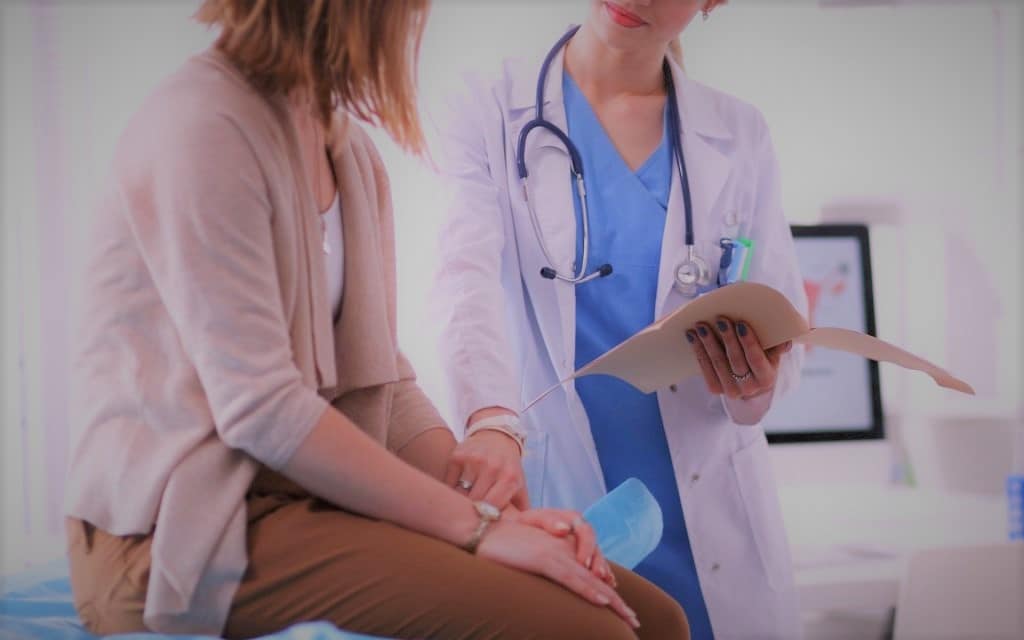Orlando Women’s Center, Abortion Clinics In Florida.
The Orlando Women’s Center is a trusted and professional abortion clinic located in the heart of Orlando, Florida.
Our compassionate staff and experienced physicians provide safe abortion services in a confidential and supportive environment.
Florida’s 6-Week Abortion Ban Is Now In Effect
We Perform Abortions For Maternal/Fetal Indications For Termination Of Pregnancy Up To 24 Weeks.
Criteria For Termination Of Pregnancy:
1. Elective Abortions can be performed up to 6 weeks.
2. Abortions Can be performed up to 15 weeks as determined by the physician, if the pregnancy occurs due to rape, incest or human trafficking.
3. The pregnancy has not progressed to the third trimester of pregnancy (greater than 24 weeks) and two physicians certify in writing that in reasonable medical judgment, the fetus has a fatal fetal abnormality, or the termination of pregnancy is necessary to save the mother’s life or prevent a serious risk of substantial and irreversible physical impairment of a major bodily function.
The Abortion Pill Procedure
All of our clinics in Florida are offering the Abortion Pill Procedure – 3 to 14 Weeks. Patients who qualify may receive a significant discount in the price of the procedure if they meet certain criteria. Call us now for same day appointment.

Safe And Confidential Abortion Services In Florida
Abortion clinics offering abortion services are often demonized by pro-life advocates, but they provide a vital service to women who need them. Abortion is not an easy decision to make, and it should not be taken lightly. Clinics that offer abortions provide a safe and confidential place for women to make this difficult choice.
Abortion clinics offer counseling and support to help women through the process. Women who have decided to have an abortion should not be afraid to go to a clinic in Orlando Florida. They will be treated with respect and compassion.
Orlando Medical And Surgical Abortion Clinic
The mission of The Orlando Women’s Center will always be to provide all women and their families the highest quality abortion care at the lowest possible cost. We vow to provide services for our patients in an atmosphere of warmth and compassion, free of judgment or prejudice, and where their safety and well being will always be our first priority.
We are offering early and late term abortion procedures as well as emergency contraception. Our one day abortion pill procedures allow patients to come from all over Florida but also every state in the country.
Early And Late Term Abortion Procedures
Abortion clinics performing first, second trimester and late term termination of pregnancies are very rare in Florida or the United States. The Orlando Women’s Center has been performing these complex procedures for over 25 years and have one of the lowest complication rates worldwide.
If you are faced with an unplanned or complicated pregnancy and wish to have an abortion in one of the safest facility in Florida, we are here to help in every way possible. Our clinic’s goal is to improve the quality of our patients’ lives… Every single one.
The Orlando Women’s center also serves Tampa And Fort Lauderdale with clinics in both locations.
Request an exclusive less than two hour in and out of clinic appointment by contacting: 24hourabortion@gmail.com or call the clinic nearest you in Florida by clicking clinics location
- VIP and Exclusive Treatment Available
- 3 convenient locations to serve you seven days a week
- Latest Article: What To Do When Facing An Unplanned Pregnancy
Orlando Women’s Center | 1103 Lucerne Terrace
Orlando, FL 32806
You have a question regarding our abortion clinic? The Orlando Women’s Center is offering
e-mail support 24 hours 7 days a week at 24hourabortion@gmail.com


